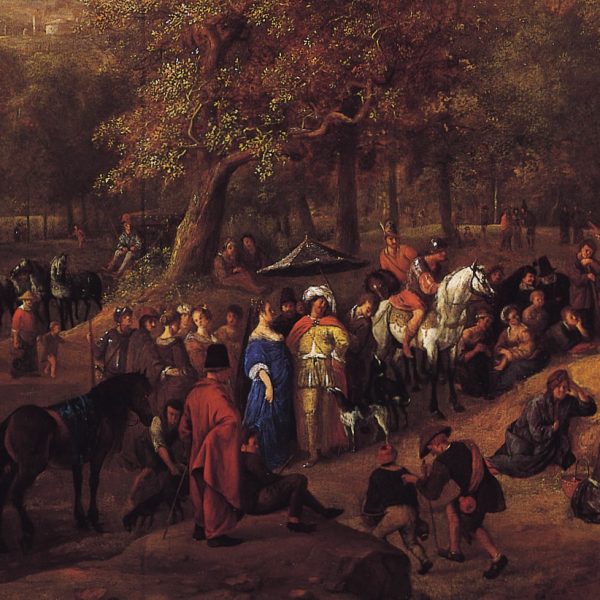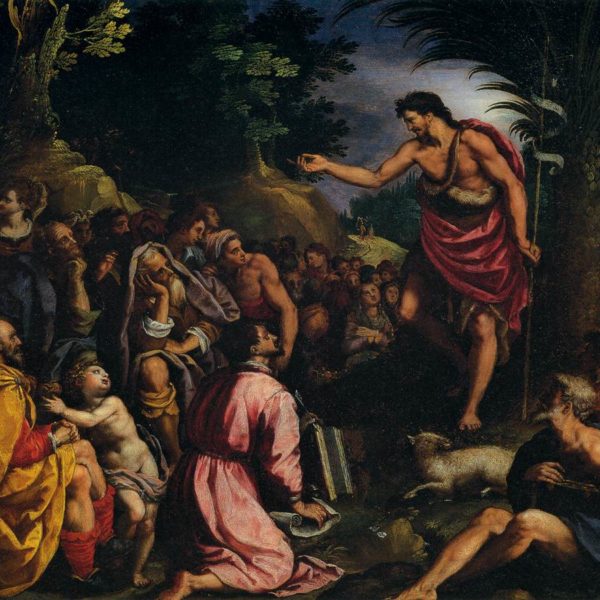
Biblical stories about baptism are connected to, but also at odds with, historical theology about baptism as well as the current liturgical practices of baptism. Reading Matthew’s account of Jesus’ baptism together with contemporary theologies offers a glimpse of the radical solidarity of Jesus.
*This post originally appeared on the Politics of Scripture January 2, 2017.

The message of John the Baptist challenges our complacency about sin, an attitude that pervades and perverts our entire life as a society.

Biblical stories about baptism are connected to, but also at odds with, historical theology about baptism as well as the current liturgical practices of baptism. Matthew’s account of Jesus’s baptism gives us a helpful window into the reality.

At moments of crisis, it can be the responsibility of committed individuals to secure and represent the self-understanding of the community or nation to which they belong, to provide the seed from which the entire social body can be renewed. Within easily neglected political dimensions of the baptism of John we may be recalled to our potential and vocation as political individuals in this regard.

The contemporary exploitation of word of mouth in political and advertising campaigns on social media can encourage a degree of cynicism. At the outset of Jesus’ ministry in John 1:35-51 we see an account of the use of word of mouth that overcomes scepticism and rewards trust. This can provide us with a standard and ideal for our own involvement in political campaigning.

God chose to speak through a wild man known as John the Baptizer who dressed in animal skins, ate wild honey, and probably had the most unruly hair. The biblical description of his dress and style resembled the prophet Elijah found early in Second Kings. Why then do we ignore God’s trend of speaking through those who diverge from the status quo?



